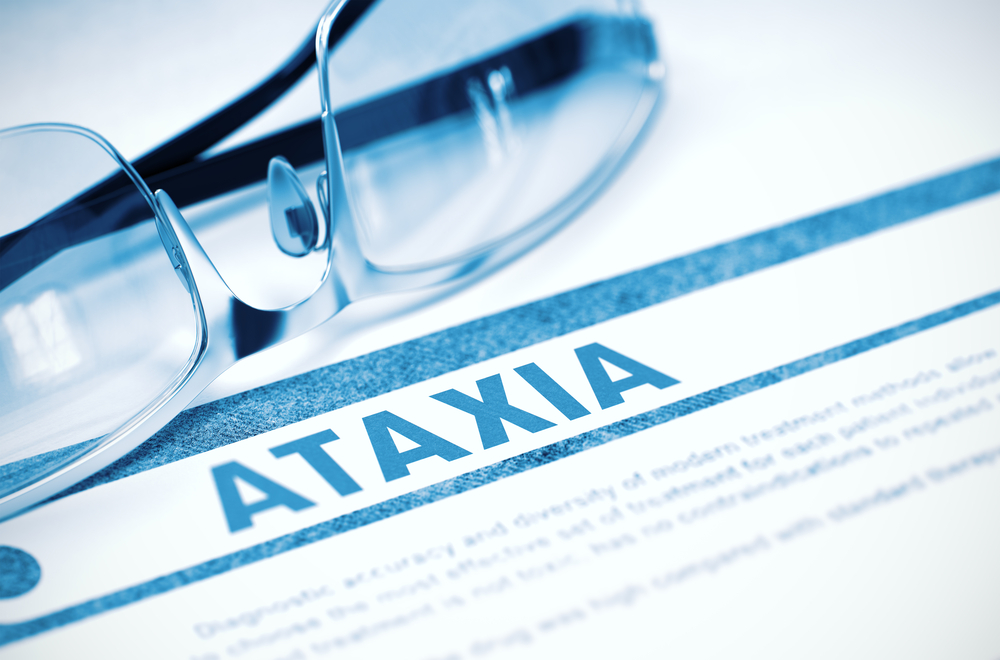Phase 2 Trial of Leriglitazone Ready to Dose Patients After Completing Enrollment Ahead of Schedule
Written by |

A Phase 2 trial testing leriglitazone as a potential oral treatment for Friedreich’s ataxia (FA) has recruited its target number of participants ahead of schedule.
The multi-center, double-blind FRAMES study (NCT03917225) will assess leriglitazone in 39 participants, 12–60 years old, who were recruited in four and a half months in Belgium, France, Germany, and Spain.
“We are very pleased with the strong support from the medical community and patients who made it possible to fully recruit FRAMES ahead of schedule, demonstrating the need for novel disease-modifying treatment options for patients suffering from this life-threatening disease,” Marc Martinell, Minoryx’s CEO, said in a news release.
Patients will be randomly assigned to either leriglitazone (15 mg/ml) or a placebo, given daily as an oral suspension, for one year.
The trial’s primary endpoint, or goal, will be to assess benefits on disease progression, as determined by magnetic resonance imaging scans of the spinal cord.
Secondary goals include assessing the therapy’s safety and tolerability, as well as effects on other clinical measures, including several FA biomarkers, patient-reported outcomes (such as quality of life and fatigue), and functional disability scores of disease severity.
Developed by Minoryx Therapeutics, leriglitazone (MIN-102) is a PPAR gamma activator that’s able to cross the blood-brain barrier — the semi-permeable barrier protecting the brain from harmful substances carried in the blood — and reach the central nervous system. PPAR gamma is a molecule known to participate in the correct functioning of mitochondria (the “powerhouses” of cells) and to help nerve cells remove dysfunctional proteins.
Leriglitazone has shown promising efficacy in animals models of FA, as it boosted the activity of PGC1alpha — a molecule involved in the formation of new mitochondria — increased nerve cell survival, improved mitochondrial function, and restored energy production, according to the company.
“We look forward to completing treatment of all patients in this study and reporting on the data, which is expected by the end of 2020,” Martinell said.
Minoryx is also testing leriglitazone in patients with adrenomyeloneuropathy, the most common form of adrenoleukodystrophy, in the pivotal Phase 2/3 ADVANCE trial (NCT03231878).
ADVANCE enrolled 116 patients who have already received treatment for a year without experiencing any serious safety events. Full results are expected before the end of 2020. Minoryx plans to file a marketing authorization application to European and U.S. regulatory health authorities in 2021.
Besides producing the benefits seen in nerve cells and mitochondria, leriglitazone may prevent oxidative stress — when the production of reactive oxygen species (free radicals) outweighs the body’s antioxidant defenses — neuroinflammation, and loss of myelin (the protective coating of nerve fibers), which all have been known to contribute to adrenomyeloneuropathy progression, preclinical studies indicate.





